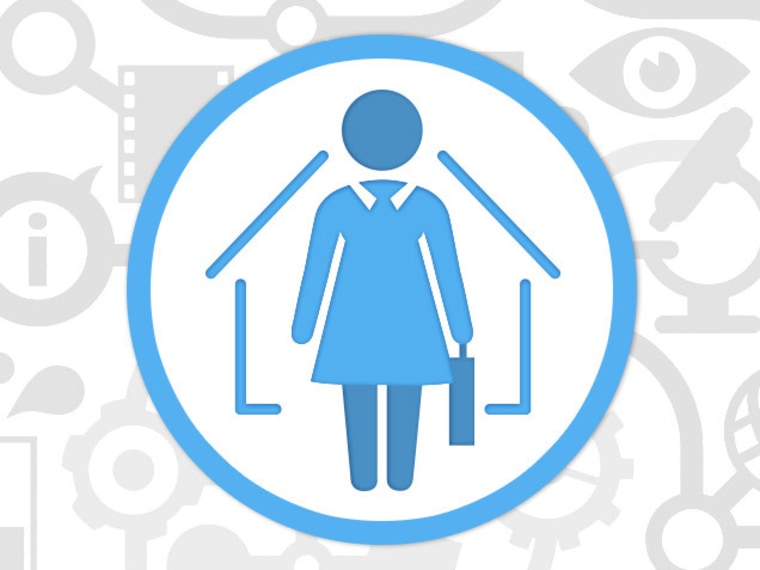Anyone who works for herself, like a freelance writer, bookkeeper, event planner or independent contractor, can no longer go uninsured. If you don’t buy insurance, you’ll have to pay a tax penalty of 1 percent of your income or $95 per person and $47.50 per child for the year, whichever is higher.
Is the exchange for me? Yes. Your income will determine what plan you qualify for, whether it's Medicaid or a tax credit to help cover the cost of coverage. If you already have insurance through a private insurer, you can keep what you have as long as that coverage meets the requirement for Minimum Essential Benefits—emergency care, hospitalization, maternity and newborn care, mental health and substance abuse services, prescription drugs, lab services and preventive care. Or you can shop around to see if rates on the exchange are cheaper, especially if you qualify for a tax credit.
The tax credit you get when you shop on the exchange is based on how much you make and is used to help pay for your insurance. You can use the credit as a deduction from your monthly insurance costs or as an annual deduction at tax time. Expect to pay between 2 percent (minimum) and 9.5 percent (maximum) of your income for insurance if your earnings fall into any of the below ranges:
- $11,490 - $45,960 for a single person
- $15,510 - $62,040 for a family of two
- $19,530 - $78,120 for a family of three
- $23,550 - $94,200 for a family of four
If you earn more than that you won't qualify for tax credits and without them, insurance premiums might be the same or more expensive than an employer-sponsored plan.
If you live in a state with expanded Medicaid (which now meets the requirement for Minimum Essential Benefits) you can apply for the program if your income falls within these ranges:
- $15,856 for a single person
- $21,404 for a family of two
- $26,951 for a family of three
- $32,499 for a family of four
If you had a plan that only covered catastrophic illness, it’s not enough coverage to save you from paying the penalty.
What if I don’t buy coverage? You’ll pay a tax penalty of either 1 percent of your income or $95 per adult and $47.50 per child for the year, whichever is higher. In 2016, the penalty increases to 2.5 percent of income or $695, whichever is higher. Plus, anyone without health insurance will have to pay the full cost of medical care should they need it. You won’t have to pay a penalty for not having insurance if you fall into one of these categories.
You qualify for Medicaid but your state didn't expand the program
Your state’s health exchange doesn't have a plan you can afford (costs less than 8 percent of earnings)
You spent less than three months without coverage
You’re a member of a recognized religious group with objections to insurance and government programs, including Social Security and Medicare
For more on who is exempt visit Healthcare.gov.
A version of this story originally appeared on iVillage.
